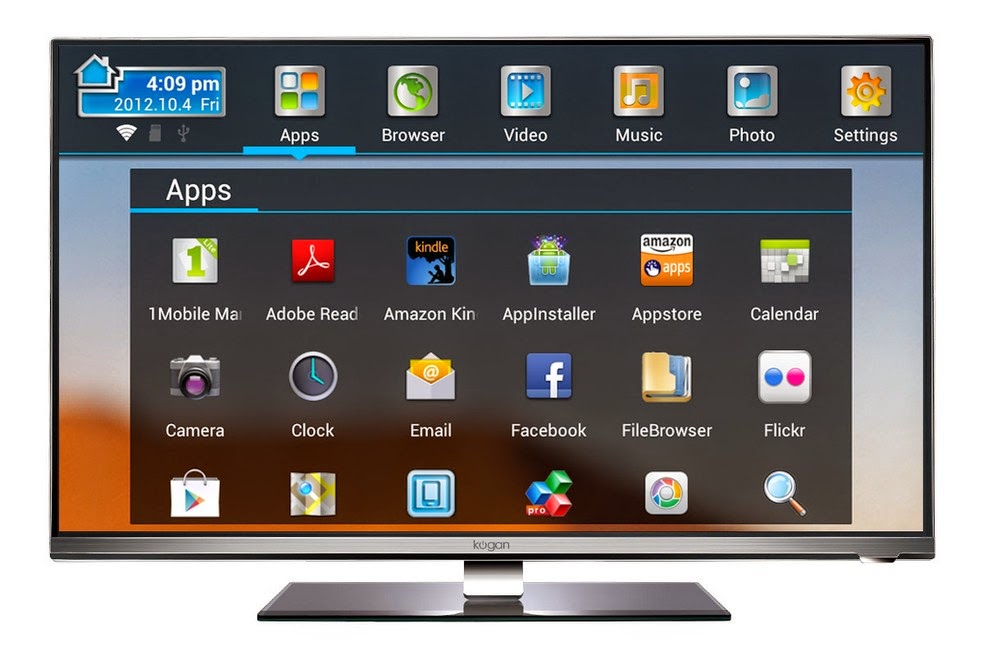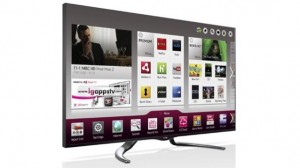Google came out with two hardware products – the Nexus Q and the Chromecast – last year. Of these, the Nexus Q which was a streaming device which required a second screen device as a remote control and could only play content off Google Play, Movies and TV shows from the Google Play Store, was discontinued by Google. On the other hand, Chromecast has been a relatively successful device from Google when it comes to streaming content to a TV. However the number of apps which support the Chromecast is still rather limited. Long story short, Google has not yet cracked the TV platform. Will Google I/O 2014 see that changing? Only time will tell. But let us see what we know so far. Platform, not hardware Android TV is a platform on which a lot of video content providers will build apps. This platform can be used by TV makers and set-top boxes to bring streaming services to the TV. Unlike Google TV which had a similar philosophy, Android TV will concentrate on online media services and Android based games. Simple interfaces Universal search across appsGoogle TV was about every video service providing app having its own content, and you would have to enter the app to search the content within it. With Android TV, Google is planning to have a universal search for content across apps. So if you are searching for a TV show, it needn’t necessarily be from within a particular app (although there will be a provision to do that). Also according to the documents obtained by Verge, Google is getting developers to develop apps which have consistent interfaces. Big names such as Hulu, Netflix, Vevo and so on are already seen in the screenshot. Likely TV partners LG was one of the first TVs tp incorporate Google TV. With Android TV that will not be the case thanks to its commitment to developing webOS based Smart TVs Google had partnered with LG and Samsung, when it had announced the Google TV back in 2010. With Android TV, LG will most likely not be a partner, as it is developing its own webOS Smart TV and ultraHD TVs. This leaves companies that do not have their own platforms such as Sony and Chinese makers such as Haier and so on. Source: Firstpost.com

